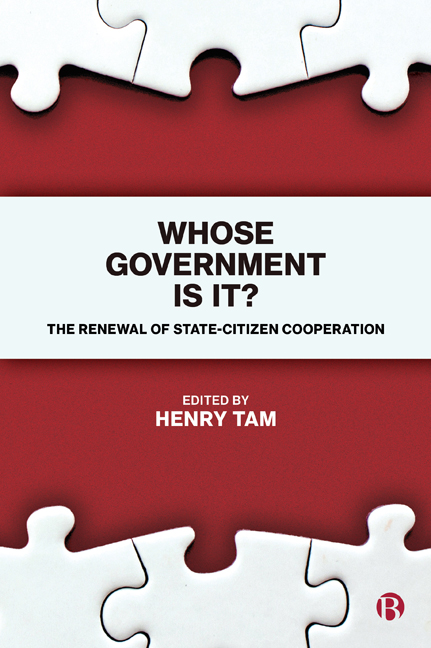2 - Realism and Democratic Renewal
Published online by Cambridge University Press: 27 April 2022
Summary
As the Berlin Wall came tumbling down in 1989, the American political theorist Francis Fukuyama famously declared that liberal democracy was ‘the End of History’. It had defeated all of its twentieth century rivals, from fascism to communism, and had nothing left to fear except the blandness of the prosperous human life it guaranteed (Fukuyama, 1992).
Today, we are more likely to read about liberal democracy coming to an end. Western democracies are assailed on all sides: internally, from declining legitimacy, rising polarisation, illiberal populism and ‘fake news’; externally, from the intrusion of foreign powers in elections to the allure of alternative, undemocratic models of government. Debate turns increasingly to how democracy might end, not whether it will survive (Runciman, 2018).
The recent election of Donald Trump, the swing towards ‘illiberal democracy’ in Eastern Europe, the rise of radical right-wing parties, and even the Brexit referendum result, are often considered symptomatic of a deeper democratic malaise (Streeck, 2017). This is that Western democracies have been steadily hollowed out in recent decades under the twin pressures of global capitalist economic development and neoliberal governance. Nation states – which remain, for the most part, the fundamental unit of democratic government – have ceded powers over fiscal and monetary policy, financial regulation and trade to independent bodies like central banks, or transnational institutions like the European Union and World Trade Organization. Western economies have been financialised, living off public and private debt and cheap money, while market principles have been extended into the institutions of the state. The scope for democratic choices over taxation, public spending and other critical areas of public policy has narrowed. Accumulated obligations to fund state pensions and maintain core public services like education have progressively limited the fiscal headroom available to politicians: austerity in the eurozone, the UK and elsewhere has simply tightened the screw. Democratic welfare capitalism is coming apart (Schäfer and Streeck, 2013).
In these circumstances, scholars have argued, political parties become progressively less responsive to their core voters. Instead of representing popular interests, they increasingly represent the state to the people (Mair, 2013).
- Type
- Chapter
- Information
- Whose Government Is It?The Renewal of State-Citizen Cooperation, pp. 21 - 38Publisher: Bristol University PressPrint publication year: 2019



